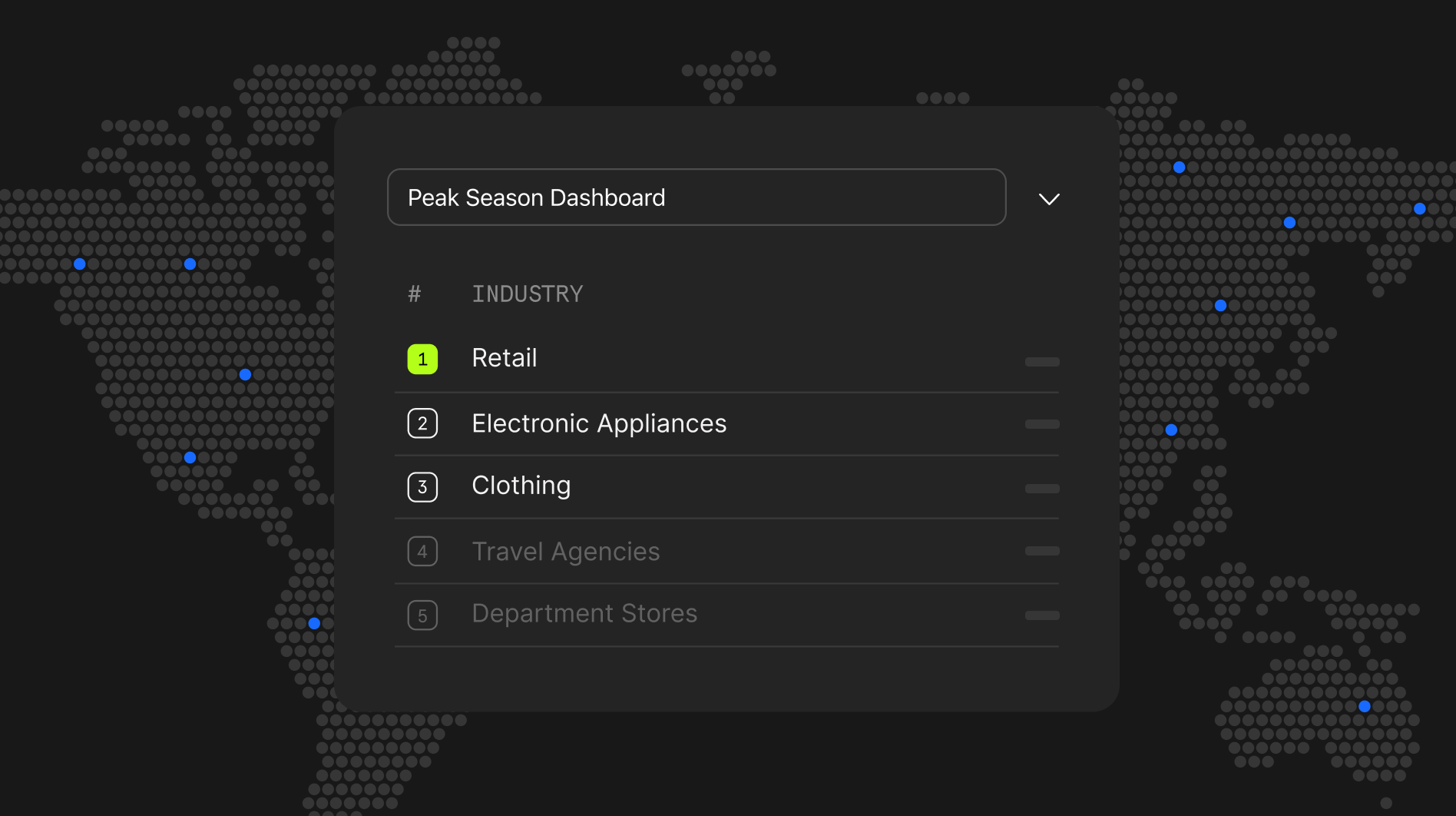In Singapore, car ownership is expensive, with a Certificate of Entitlement (COE) – a quota license for owning a vehicle – costing around SG$40,000. That's one reason why there are only 600,000 cars on the road despite over two million people holding a license.
This imbalance led the founders of GetGo to ask a simple question: how can we enable more people in Singapore to drive? And thus, GetGo was founded. In under a year, GetGo has become the largest car-sharing platform in Singapore. It boasts a fleet of 700 vehicles in 650 locations islandwide.
I spoke with Jun Kai Chan, COO and part of the founding team at GetGo, to learn more about their journey and the challenges of leading a high-growth mobility startup.
Building the best customer experience
GetGo was founded with customer experience in mind. The team has put considerable effort into making it easy for drivers to book a car, complete their journey and pay for the trip. This has led them to build a best-in-class app and introduce technology in their vehicles that enable drivers to lock and unlock the doors with a single click on their smartphone.
But the GetGo team found the payment piece more challenging. As its user base grew, they began to understand the critical role of payments in the overall experience. "We originally saw payments as simply a way to facilitate the collection of funds from customers. However, we started to see how it could easily lead to user frustration if not well managed," explained Chan.
But the startup did not have the expertise in payments to properly plan and manage payment processes. This was the driver to search for a partner to fill the gap, eventually leading to our partnership with GetGo.
Creating the right payment flow
We've partnered with GetGo to take its user experience to the next level. For example, GetGo previously collected a SG$200 pre-payment from users wanting to use the service. This sum was held on the user's credit or debit card and only released after completing the trip.
The problem was, while we could release the funds immediately, the banks might not. The delays led to GetGo receiving complaints from customers about having their funds withheld. "We had customers sharing with us that they make ten bookings a week because they really like our service – but the banks were holding $2,000 on their card as a result," Chan told us.
We worked with GetGo to remove the pre-authorization to solve this issue and improve the overall customer experience. Today, instead of having to pay SG$200 upfront users now pay one flat fee at the start of the trip and one at the end for mileage.
This change was a huge success. Within the first hours of implementation, GetGo saw a surge in users, overwhelming its servers. "It was a nice problem to have," joked Chan.
%2520(1).jpeg)
Accelerating into the future
While GetGo has seen tremendous growth, its journey has only just begun. Next on its agenda is expansion — both fleet size and the number of locations it operates. On the payments front, it plans on building deeper tech integrations. For example, the team is looking to use webhooks to streamline data flow and simplify backend processes as they continue to scale.
Chan also shared his views on the future of the payment ecosystem. "What we see in the global landscape is that customers are becoming more impatient," he explains. "This means that customers expect both payments and refunds to be completed faster, requiring greater collaboration and integration between all parties in the payment process."
Find out how you can optimize your payment process and deliver impactful business results.













.png)


